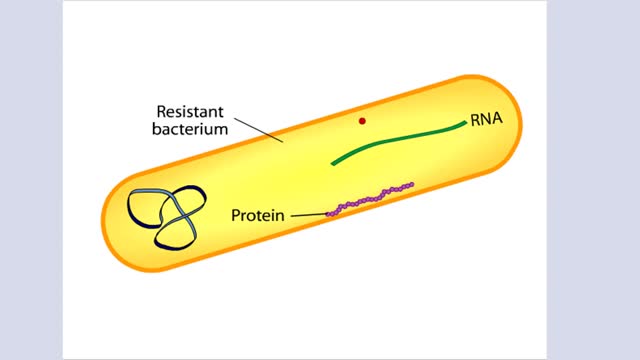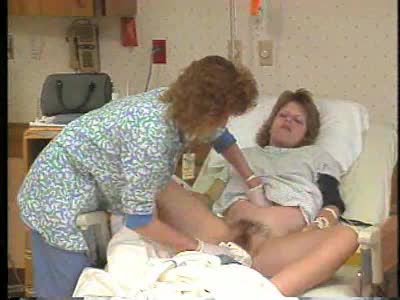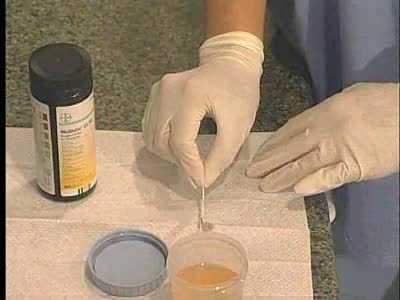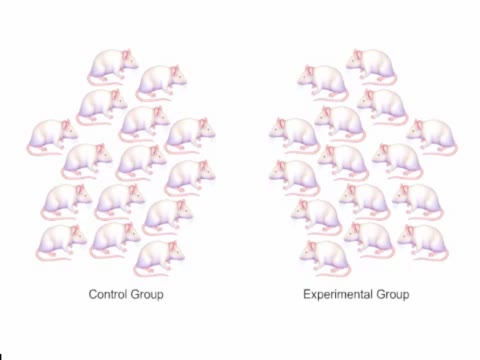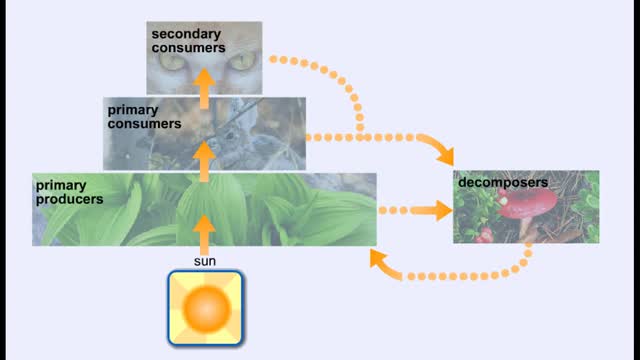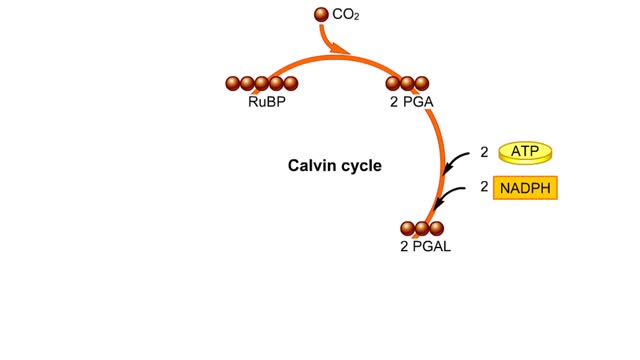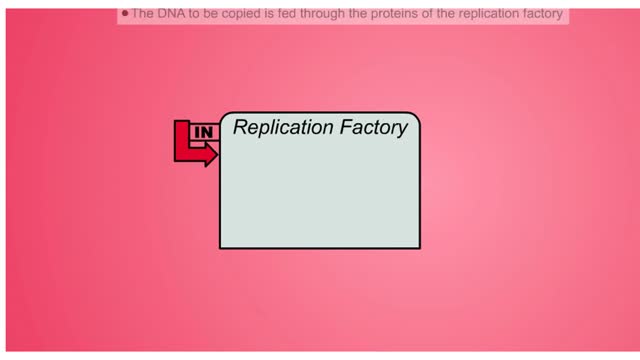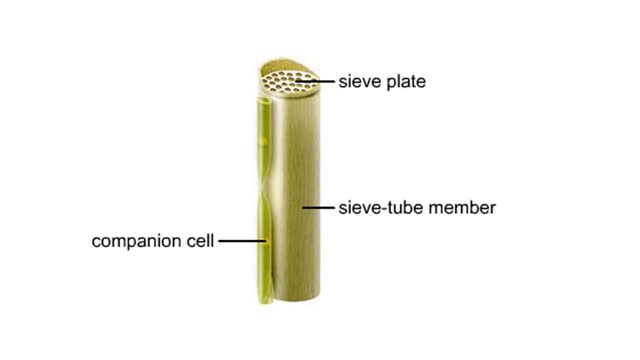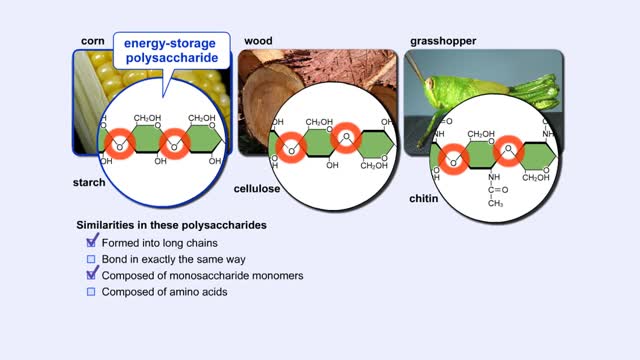Search Results
Results for: 'make wine'
By: HWC, Views: 10160
The Crisis in Antibiotic Resistance More than 70 years ago, Alexander Fleming discovered penicillin. A few decades later, when this antibiotic was used in World War II, Fleming's discovery had revolutionized medicine. No longer did people have to die from something as trivial as an infected cut.Y...
Labor and Delivery - Postpartum Assessment
By: Administrator, Views: 525
The postpartum patient's emotional status plays a significant part in her recovery and her adjustment to her infant. Postpartum hospital stays are very brief, so nurses must make every encounter with the patient meaningful. Developing a systematic method of assessing the patient will save time an...
By: Administrator, Views: 13684
A urinalysis is a test of your urine. A urinalysis is used to detect and manage a wide range of disorders, such as urinary tract infections, kidney disease and diabetes. A urinalysis involves checking the appearance, concentration and content of urine. Abnormal urinalysis results may point to ...
Bacteriophage (Virus) - Mice Experiment
By: HWC, Views: 10201
Also known as phages, these viruses can be found everywhere bacteria exist including, in the soil, deep within the earth's crust, inside plants and animals, and even in the oceans. Bacteriophages (phages) are viruses of bacteria that can kill and lyse the bacteria they infect. ... The lethalit...
Energy Flow - Trophic Levels and Food
By: HWC, Views: 10115
All of these relationships between different species are founded on one thing: energy. Organisms get food in order to get energy, which is used by the organism for growth, maintaining health, and reproduction. We can classify the members of a community according to how they obtain food. Produc...
By: HWC, Views: 10232
he light-independent reactions make sugars by way of a cyclic pathway called the Calvin cycle. The cycle begins when rubisco attaches a carbon from carbon dioxide to ribulose bisphosphate. The molecule that forms splits into two molecules of PGA. Each PGA gets a phosphate group from ATP a...
DNA Replication Factory and Protein
By: HWC, Views: 10068
DNA (deoxyribose nucleic acid) carries all the genetic information needed to re-create itself and to pass on the characteristics of the organism. The “factory” model of DNA replication hypothesizes a specific nuclear structure in which the molecular machinery for replication forks are brou...
Vascular tissues in a corn stem and a buttercup root
By: HWC, Views: 4996
Vascular tissues in a corn stem and a buttercup root. The cells that make up each tissue. Xylem conducts water and dissolved ions. It also helps mechanically support a plant. The cells, called vessel members and tracheids, are dead at maturity. Their lignified walls interconnect and serve as p...
By: HWC, Views: 10088
More complex sugars are called polysaccharides (from "poly" meaning "many" and "saccharum" meaning "sugar"). Many things in nature are made of polysaccharides. Here we show one of the polysaccharides in corn, another in wood, and another in the exoskeletons of insects like grasshoppers. How are a...
Advertisement



